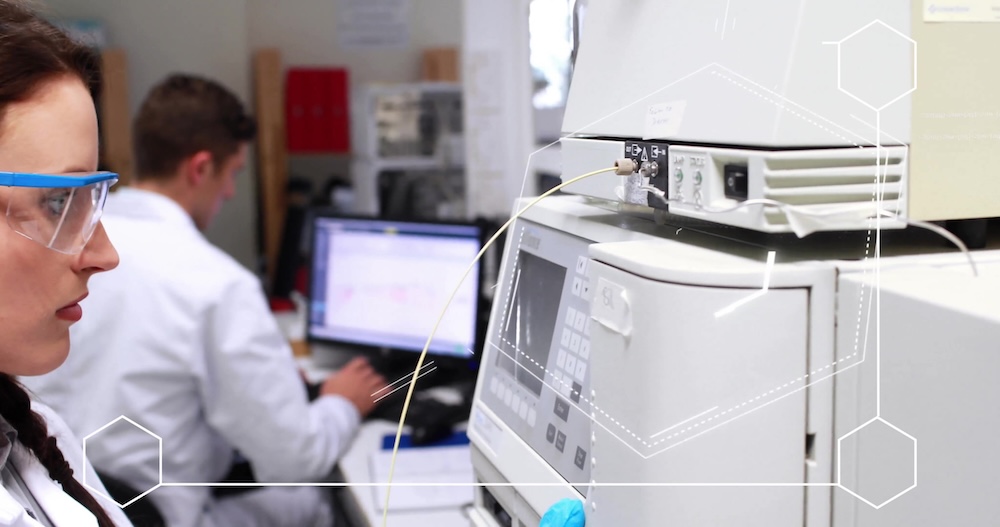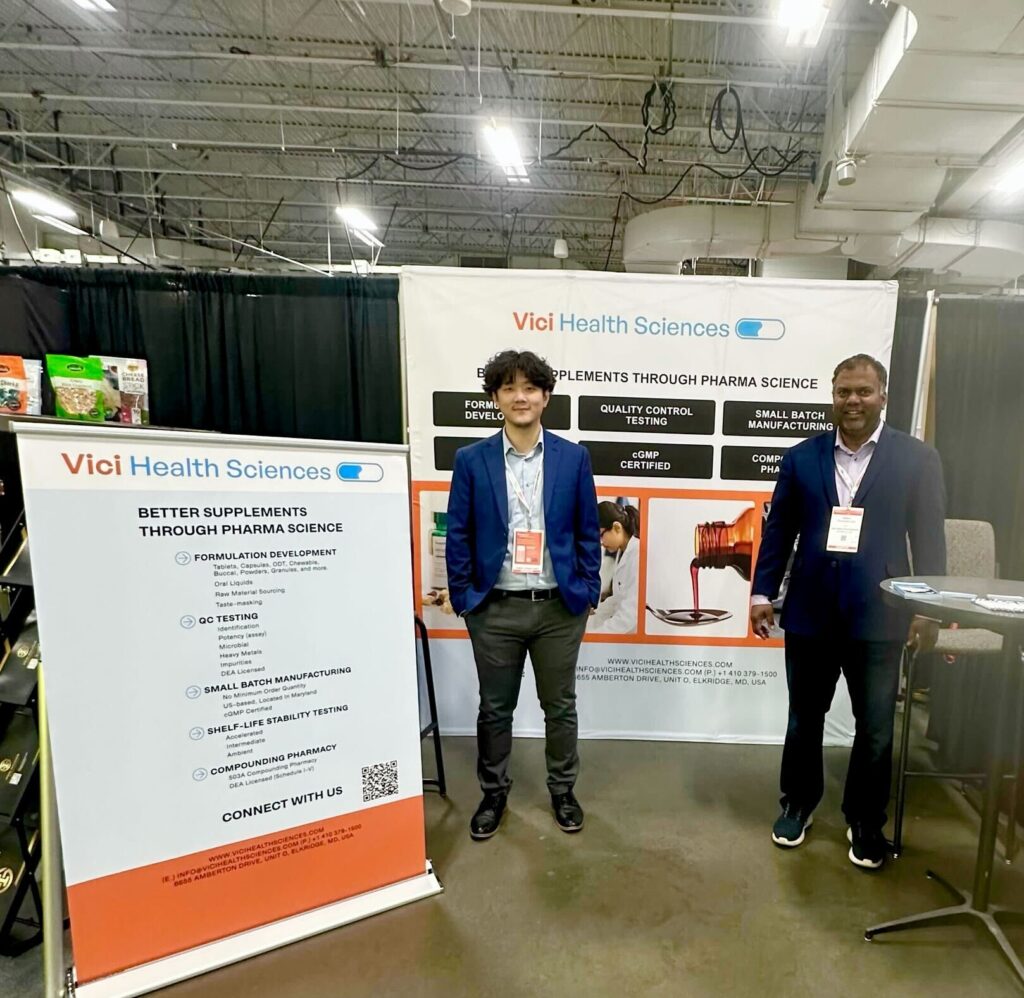Most pharma companies use contract development and manufacturing organizations (CDMOs) for drug development, to manufacture clinical trial material, or as part of their drug product supply chain during commercial manufacturing. But what do you need to consider when choosing the right CDMO for you?
Nuance in the Details
Choosing the wrong CDMO can lead to costly delays and mistakes that will sink a product. This is especially true for small pharma and pharmaceutical startup companies that don’t have the required experience or financial runway to correct such mistakes. In this article, we analyze seven critical items to consider during this decision-making process and provide valuable insights to help you avoid the risks of your product from going under.
How to Use this Guide:
Your answers to the first three questions should be specific, fact-based answers. These will help you narrow down your options if you’re new to the process. The later four considerations are more nuanced and may not have easy answers but are critical in determining failure or success in this complex, expensive undertaking.
1. What development phase is my project in?
Determining what stage of drug development your project is currently in is the single most important factor to consider when choosing a CDMO. Early phase drug development programs have a very specific need that cannot be fulfilled by larger CDMOs that focus on late-stage clinical supply manufacturing or large-scale commercial manufacturing. The equipment, expertise, and organizational structure needed are very different. Manufacturing supplies for clinical trials is a different expertise than manufacturing routine commercial supplies with an acceptable cost of goods (COGs). Phase III readiness and clinical supply manufacturing calls for working with a CDMO that also has commercial manufacturing capability with inspection approval by the FDA or appropriate regulatory agency.
2. What is the physiochemical nature of the active ingredient?
The answer to this question will naturally rule out a number of CDMOs since the CDMO must have the capability and experience in the molecule type. Typical examples include:
-
- Small molecule and peptides vs. biologics
-
- Cell and gene therapy products
-
- Potent compound handling capability
-
- DEA license based on your molecule’s DEA classification
3. What is my dosage form and can the CDMO handle its development and manufacturing?
No CDMO can handle all dosage forms. This is because of the sheer number of different dosages forms available in the market and the different equipment, facility, and expertise required to develop and manufacture each.
CDMOs usually categorize themselves into specializing in either sterile manufacturing or non-sterile manufacturing. Sterile manufacturing is needed for all injectable and ophthalmic products. Manufacturing both types of products in the same facility often leads to compromises in quality, which is undoubtedly frowned upon by regulatory agencies.
Within sterile manufacturing, there are a variety of capabilities to consider:
-
- Solutions filled in bottles or vials, which are the easiest sterile products to manufacture
-
- Sterile suspensions that require specialized experience and filling line to handle
-
- Lyophilization capability
-
- Specialized packaging capabilities such as pre-filled syringe or blow-fill-seal filling line
-
- Small volume ophthalmic filling line vs. typical injectable vial filling
Within non-sterile manufacturing, there are different capabilities to consider:
-
- Solid oral dose development and manufacturing capabilities for tablets and capsules
-
- Oral liquid development and manufacturing capabilities for suspensions or solutions
-
- Semi-solid development and manufacturing capabilities for creams, gels, ointments, and specialized semi-solid preparations
-
- Soft gel capsule manufacturing capabilities, which require a different set of equipment compared to tablet or hard gel capsule manufacturing
-
- Transdermal patch manufacturing capability
4. What’s the Cost?
The cost of services provided, or cost of goods manufactured will play a crucial role in your selection process. Unless you are a CMC expert with specific experience overseeing multiple CDMO projects from inception through completion, you’re likely to underestimate the cost of working with a CDMO. The biggest factor in cost here is attributed to scope expansion due to unavoidable technical or regulatory requirements that neither you nor the CDMO are likely to predict.
5. What’s the turnaround time?
The pharmaceutical business landscape is very competitive and changes rapidly. Thus, speed of execution is as important as cost when you’re considering a CDMO. Many larger CDMOs don’t usually retain excess staffing capacity, and their staff don’t have the bandwidth to meaningfully begin undertaking new projects anytime soon. Three to six months delay in starting projects is not uncommon with larger CDMOs. This dynamic often leads to a boom-and-bust cycle observed in most large CDMOs over time.
Talk to the CDMO about their track record and see how quickly they’re able to initiate the project. Smaller CDMOs in their growth phase tend to be much quicker than larger CDMOs that make the bulk of their revenue from existing commercial manufacturing customers.
At Vici, we understand that speed is critical. We also understand from our previous clients that small pharma and startup pharmaceutical companies need a CDMO who can move quickly to meet their needs. As a growing CDMO, Vici is able to both start and ramp up quickly to meet your project needs, ensuring your project is successful.
6. Where is the CDMO located?
The pharmaceutical supply chain is global. Active and inactive ingredients and packaging components are sourced from all parts of the world and clinical studies and testing is also performed globally. CDMOs are no different. Typically, the US, Europe, India, China, and East Asian countries have the greatest concentration of CDMOs. Each geography offers advantages and disadvantages. It is our view at Vici that selecting and working with the right CDMO is not a plug and play affair. Instead, it is one that requires close corporation and frequent communication on strategy and execution for optimal results. While the initial cost of working with an international CDMO located in an emerging market may seem lower, you run the risk of having different business cultures compounded with dramatically different time zones leading to major execution and strategy errors that result in cost overruns, delays, and complete project failure. Larger companies have greater success working with international CDMOs due to their greater leverage and larger and more experienced internal teams that are responsible for managing outsourced projects. For smaller pharma and startups, we recommend that you try and select a CDMO that is closer to your location and the market, and meets the other requirements laid out in this blog, for success.
7. Is your voice heard throughout the CDMO?
An overlooked aspect in CDMO selection is access to company leadership. Drug development and manufacturing is a complex, expensive undertaking and setbacks are inevitable. This only reaffirms why you need direct access to the main decision maker in the company during all stages of project execution. This ensures that your project received with the proper attention and urgency from the CDMO. Unless you oversee projects for a larger company, you’re more likely to get this priority focus when working with smaller, founder-led CDMOs. Other valuable questions to ask are: How stable is the company’s leadership? Are there frequent leadership changes?
Your Success is Our Success
Selecting the right CDMO can make or break a product, especially for early-stage companies that don’t have sufficient capital or experience. Working with a smaller, focused CDMO that provides services more suitable for the stage of your product at a reasonable cost, with speed, quality, and flexibility will yield better results and provide a more client-centric focus on your program.
Vici Health Sciences is founder-run, and our company ethos reflects this. Working with us, you’re always just a text, email, or phone call away from having an immediate conversation with our leadership who can work with you on your product strategy or resolve any issues that may be slowing your program down. Contact us today to schedule a meeting.






